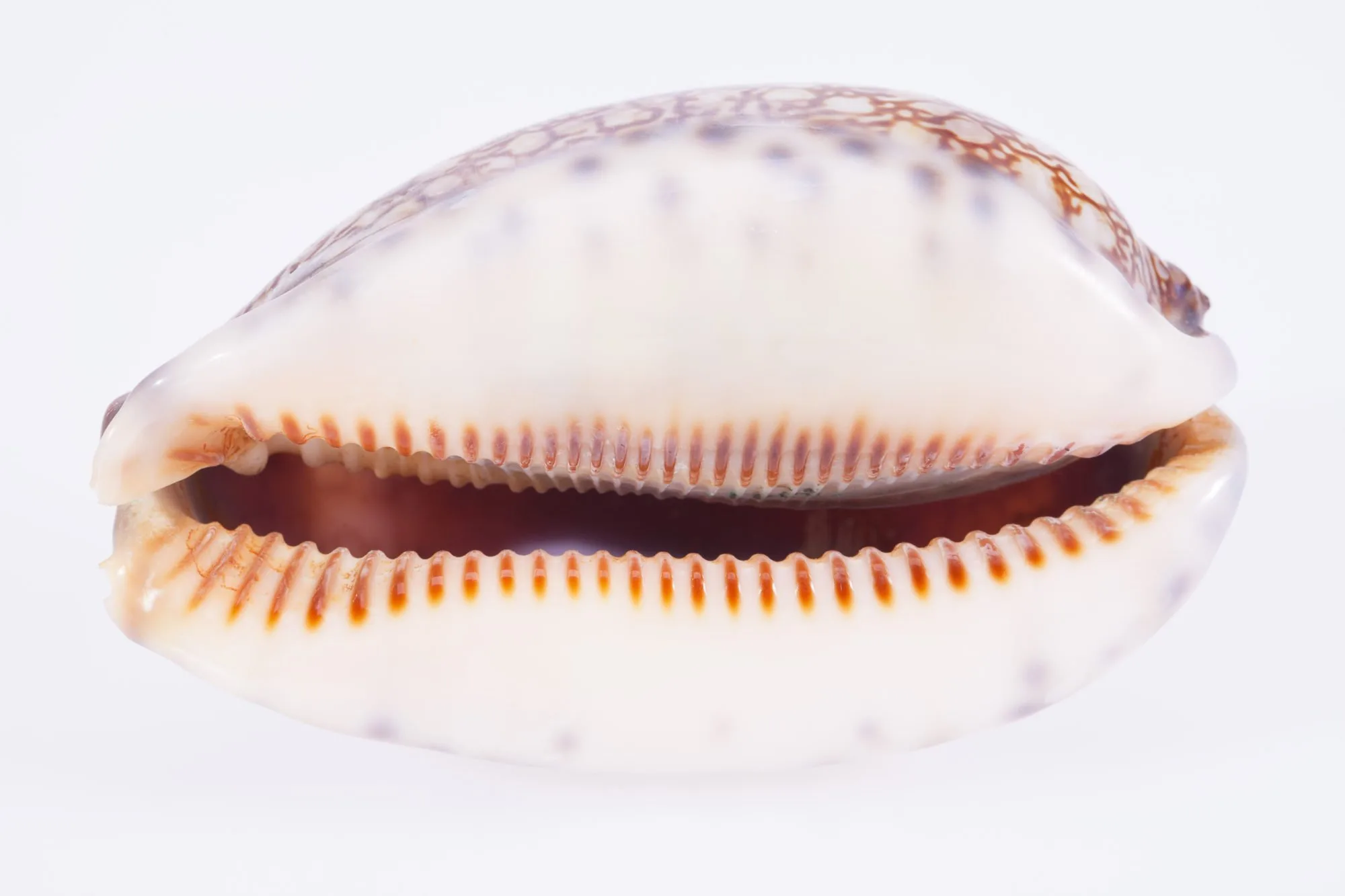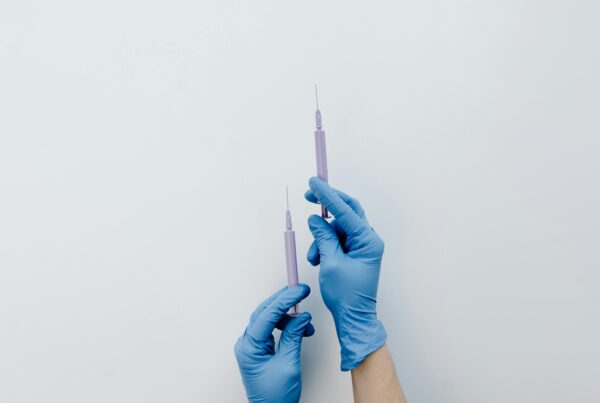Vaginoplasty and labiaplasty are procedures can surgically tighten the vagina, and resize and reshape the labia, respectively. They can be performed together or independently, depending on personal requirements.
At this point it is important to distinguish between the vagina, which is the muscular canal that extends from the cervix to the outside of the body, and the labia, which are folds of skin that protect the clitoris and vaginal opening. The latter consists of two parts: the labia majora and labia minora.
A concern for most women is oversized or protruding labia minora, particularly for those whose inner folds can be as long as four inches when they stand up. Although women in certain African tribes actually try to increase the size of the inner lips by weighing them down, as this is considered to be desirable, it is embarrassing for most, and can lead to issues of low self-esteem. Some experience discomfort, as the labia can tear due to friction and become infected, while others find sexual intercourse to be quite painful.
This is where labiaplasty can assist.
“The most commonly performed techniques include removing the protuberant edge of the labium minora by surgical excision, cautery or laser, or removing a roughly triangular wedge of tissue from each labium,” says plastic surgeon Dr Paul Skoll. “I tend to favor the second method, as it largely preserves the natural free border, leaving a barely visible scar on each inner labium.”
Where does vaginoplasty come in?
For those experiencing loosening of the vagina due to childbirth and aging, vaginoplasty is designed to make the vaginal entrance smaller and tighten areas of the vagina that have no associated muscles. During the procedure, the surgeon will remove excess vaginal lining, surrounding tissue, and tighten the vaginal muscles. This procedure is usually performed using a laser. Can a vagina be too tight however? Click here to find out, and what can be done if this is the case.
Complications that can occur include infection, increase or loss of genital sensation, scarring, and painful intercourse due to the muscles being too tight. With both surgeries, most women can resume work after seven to 14 days. It is recommended to start exercising and resume sexual activity only six weeks after the procedure, once the body is completely healed. What one needs to take into account, however, is that although surgery works well, offers long-lasting results and still remains the best solution for severely protruding labia or extremely wide vaginal canals, it is not for every woman.
In such instances, modern science has developed non-invasive equipment that can successfully, without any pain or downtime, rejuvenate the labia and tighten the vagina.
Click here to find out more about vaginal rejuvenation, which offers treatment using the above-mentioned equipment and requires no downtime.





![women [longevity live]](https://longevitylive.com/wp-content/uploads/2020/01/photo-of-women-walking-down-the-street-1116984-100x100.jpg)










